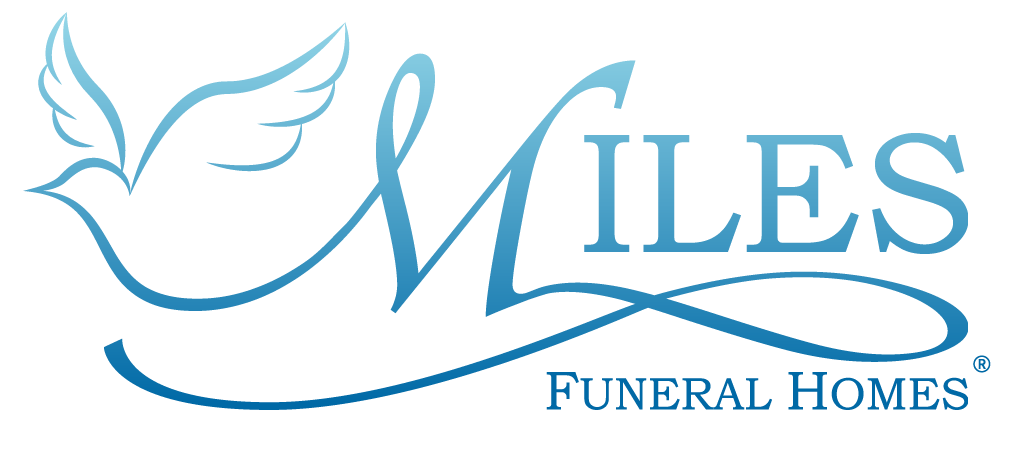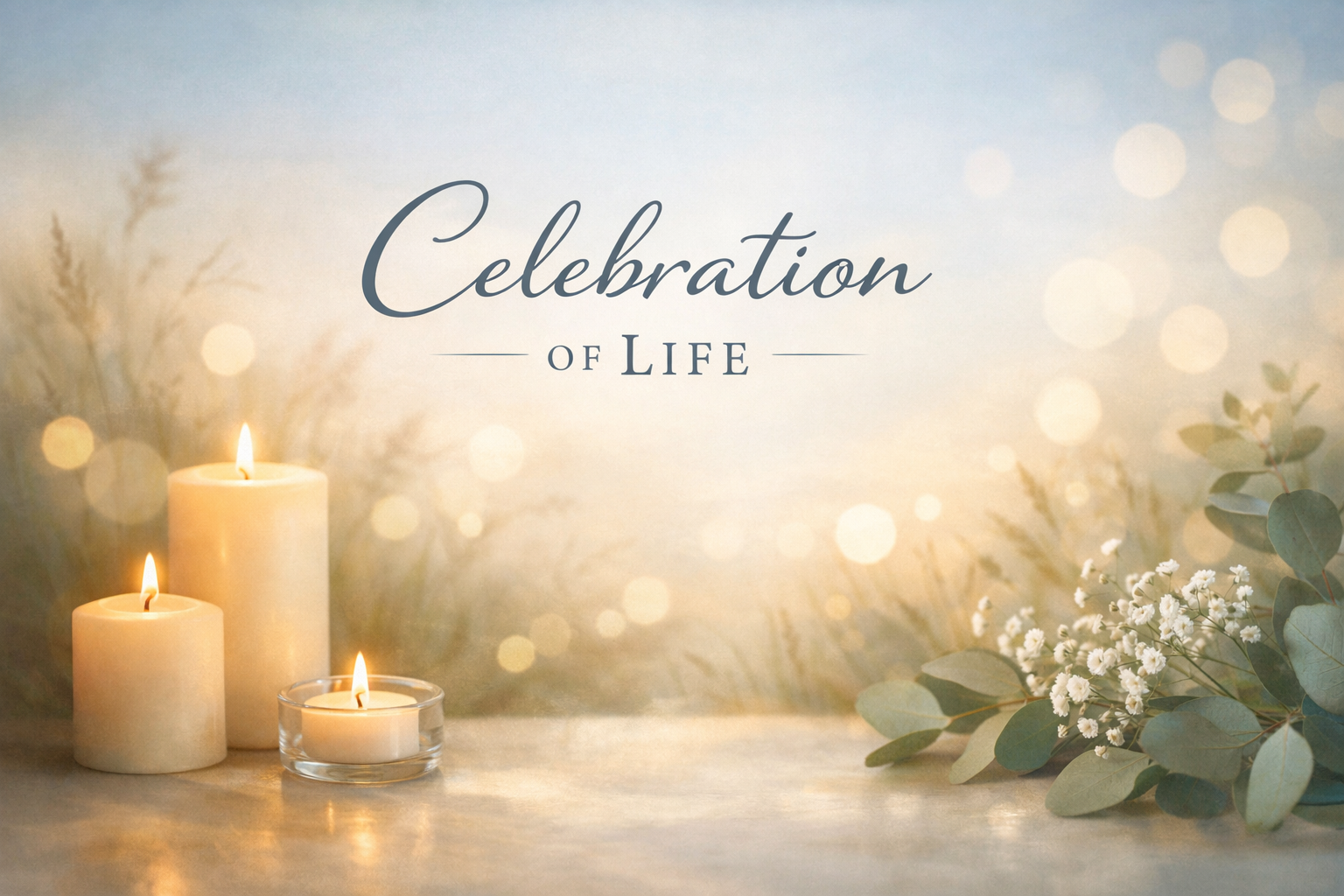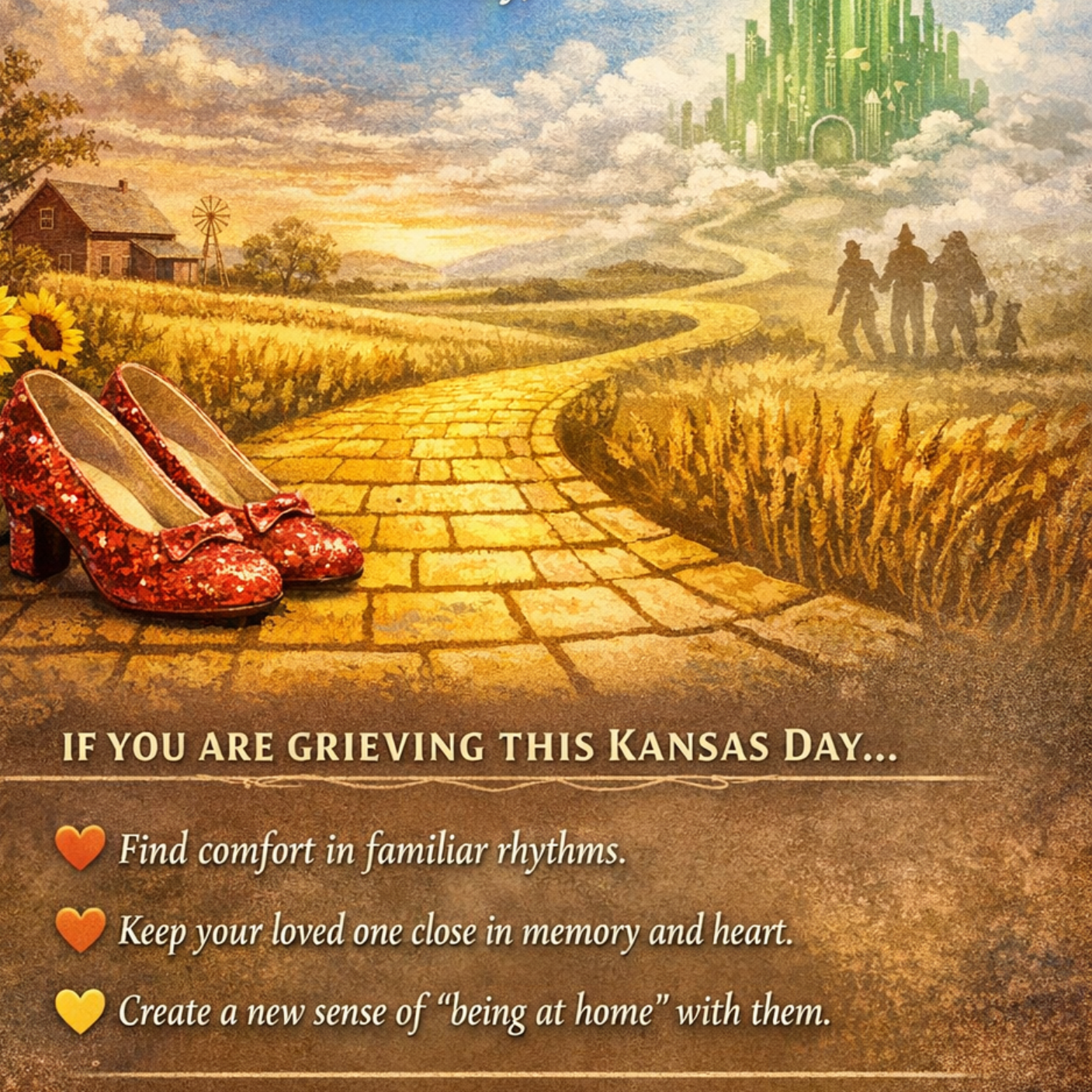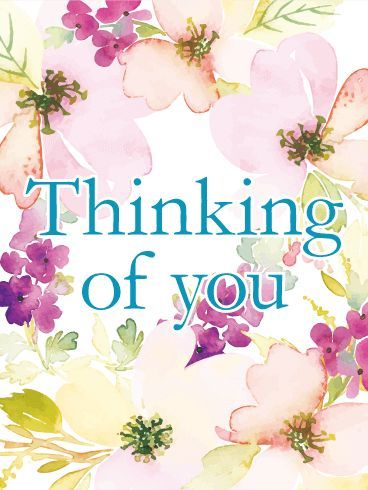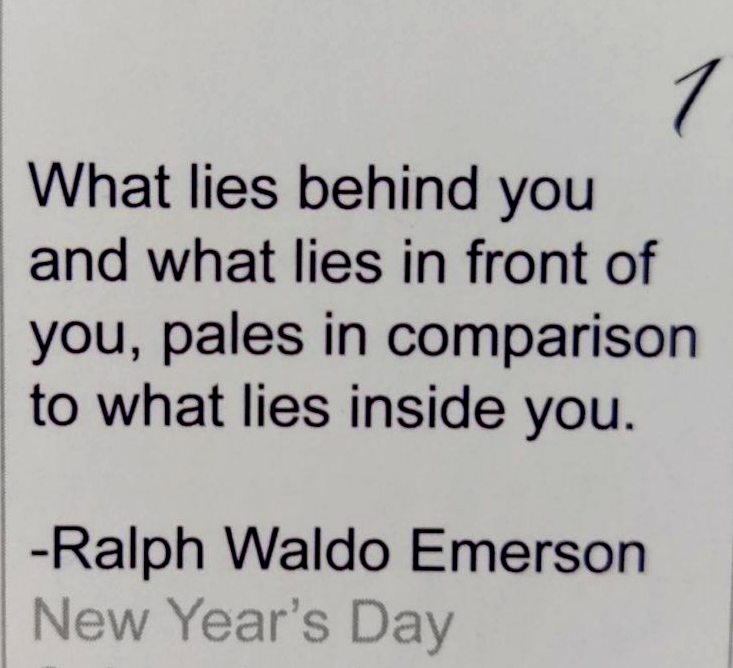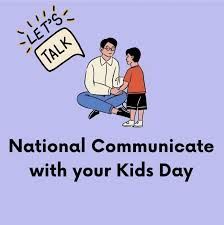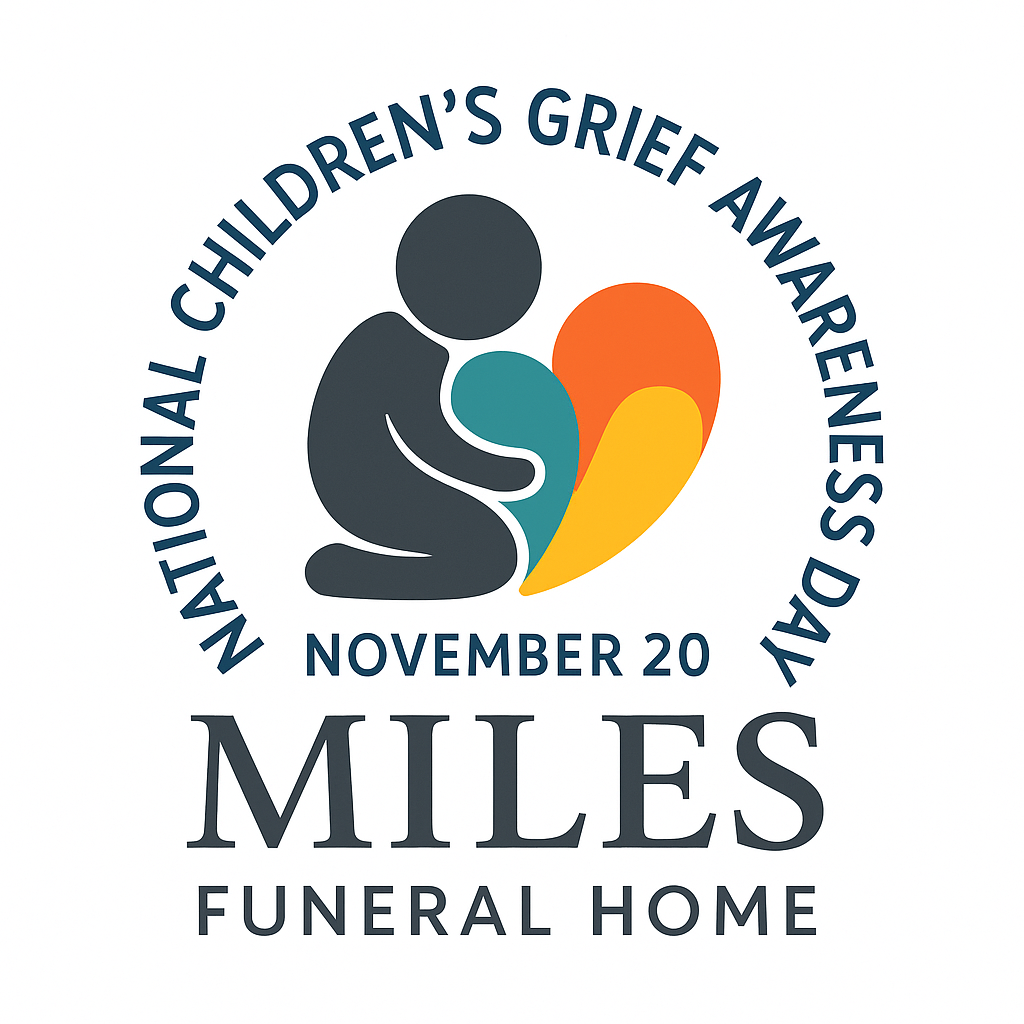Preparing one’s after-life care complements the hospice philosophy of empowering choice. It eases one of the most stressful concerns of dying and offers an opportunity for a life review.

As an educator for a funeral home, I begin nearly every community presentation speaking about the impacts of living in a death phobic, grief-illiterate culture. Most of my daily work involves helping people become less fearful of death and more knowledgeable about grief. Having worked in end-of-life healthcare for years, I have a deep respect for hospice as a valued provider that embraces death and grief with knowledge and grace.
Dame Cicely Saunders pioneered the modern concept of hospice in the UK in the 1960s focusing on palliative care and quality of life for the terminally ill. The first hospice in the United States in 1974 was established in Connecticut, closely following Saunder’s care model. Hospice care has grown more popular and readily available since the establishment of the Medicare Hospice Benefit. According to Definitive Health Care there are now approximately 8,514 active hospice organizations in the United States.1
Hospice provides specialized care at a healthcare facility or at one’s home, offering physical, mental, emotional, and spiritual care to people nearing the end of life. With compassion and skill hospice workers are trained to keep patients comfortable, to assist families caring for their loved one, and to equip patients and their loved ones with the resources they need to face death with ease. Hospice programs that receive federal funding are also required to offer bereavement services. As an educator I appreciate hospice’s approach to end-of-life care and bereavement support because the more awareness we have about death the less fearful we are, and the more we understand loss, the better prepared we are to help people grieve healthily.
Lately, I have been thinking about how natural it is to include funeral care in the hospice model. Preparing one’s after-life care complements the hospice philosophy of empowering choice. It eases one of the most stressful concerns of dying and offers an opportunity for a life review. Being open about an impending death helps a dying person and their loved ones examine a person’s legacy and helps people leave this earth on their own terms. Honoring a life when someone passes is critical to helping loved ones step into the grieving process with peace, comfort and a healthy path forward. Having a plan in place that the deceased designed is always a relief to survivors who sometimes experience grave doubts when they aren’t sure what their loved one wanted.
Like trained specialists in hospice, the funeral industry has professionals skilled in preparing for death. These are funeral directors with special certification in advanced funeral planning and their role is to help you create an after-life care plan that is right for you. Preplanning includes the immediate care of your body, the celebration of your life, final disposition of your body or cremated remains, and initiating your legacy. Personalized memorials have become popular, and a trained pre-planning specialist has all the resources at hand to help people design the after-life care that best reflects their life story and fits their pocketbook. Like a wedding planner or event planner, the funeral director knows what is possible and understands details of which laypersons are unaware.
If you are a hospice worker or are currently involved with hospice care, think about the value of funeral care planning. Consider meeting with a pre-planning specialist from a funeral home to learn about and review the many options available for after-life care. For a closer look at what preplanning involves and to be introduced to Amber Ditomasso, Mile’s certified pre-planner, read the Thoughtful Thursday blog entry of January 27, 2022.
1 (https://www.definitivehc.com/resources/healthcare-insights/number-of-hospice-organizations-by-state)
